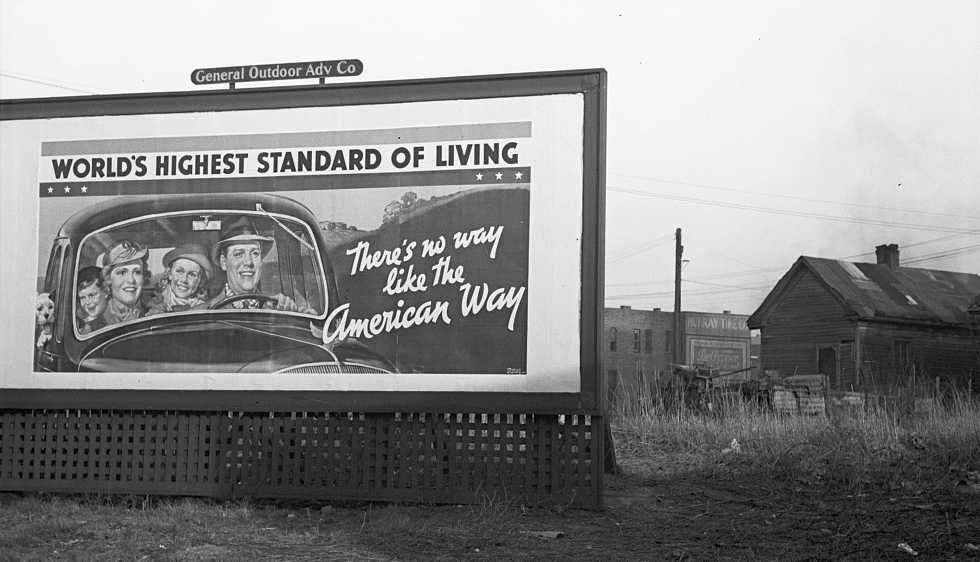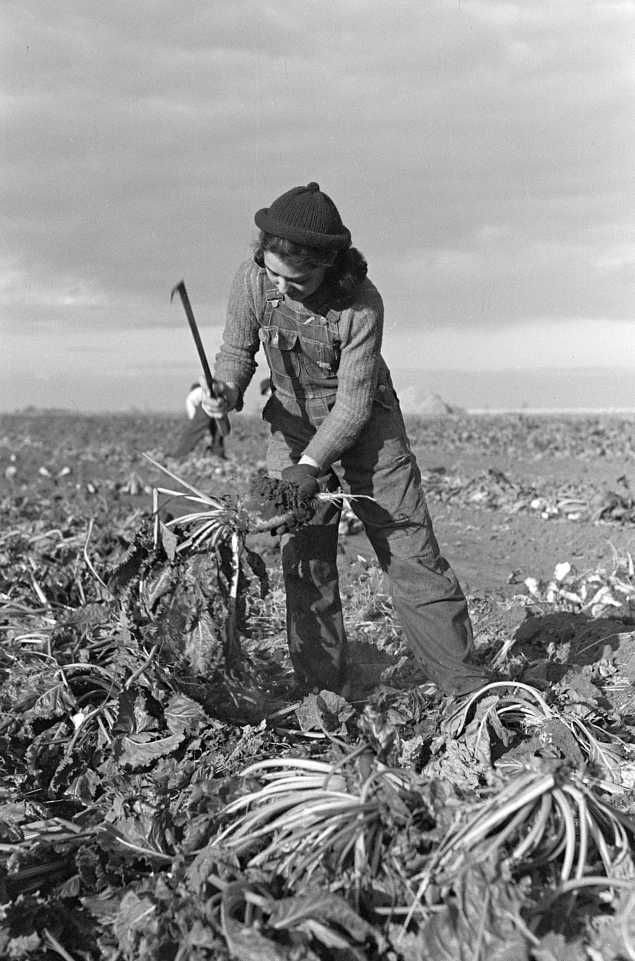

COLORADO
Gaylord Morrison
Student hobo view: “It was not only the view of the land but the heart and soul of people that captured my curiosity.”
COLORADO
Gene Lamb
Went to Estes CCC
I toured the country east and west before Estes, and know in my mind, the WPA and CCC saved this country from a revolution.
I was on freight trains loaded with men, women, families. When the train stopped once in Grand Junction, they would get off, mostly women would go into stores. Like Piggly Wiggly, National Store and take food from the counter. Not a lot, enough to feed the kids at least. The store employees just watched. Never any violence.
COLORADO
Gilson Tallentire
In August 1934 at the age of 17, I left home in northeast Ohio to go around the world. I hitch-hiked to Seattle, Washington where I discovered a shipping strike locked up the entire west coast. No way was I going to get a berth on a ship.
I walloped pots in eating places, picked hops in Oregon - a very nasty job - worked on a dairy farm, hay bailing crew, cattle ranch and as second cook (jack of all trades) in a mountain resort about 90 miles north east of San Francisco.
Between jobs I rode the side door Pullmans (boxcars). If you could find work you were overworked, poorly fed and woefully underpaid. I ran into only one girl during my travels.
It was a time when a man could be killed for the shoes he wore
COLORADO
Gordon L. Cathey
Yes, I rode the rails during those horrible days of the Great Depression. I was only 15 years of age.
I was the youngest of four boys whose mother died at age 31 from tuberculosis. Her death was listed as pneumonia as T.B. was considered a disgrace back in those days. I did not realize how cruel this social branding was until later years. She often wrote to my grandmother of her loneliness and isolation.
My father was a dry land farmer and knew nothing else. He tried to raise cotton, but the dry years and grasshoppers limited his production to only one bale the year I left to avoid starvation.
I found more food in the garbage cans of cities than those horrible days of never ending hunger in west Texas where lived.
I not only rode the rails but I found traveling carnivals that gave me food and a grass bed from time to time. A band of gypsies gave me food and shelter and accepted me as their own.
I survived those awful years, but the emotional and physical scars still linger.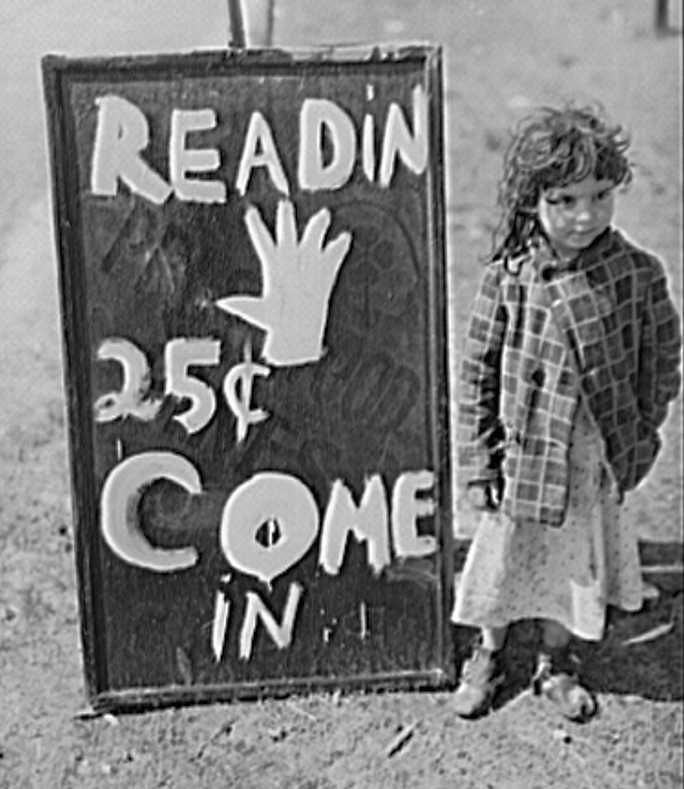
COLORADO
Harry Fisher
Some stories which will tell you I am not a lily-white guy...
One time during the Great Depression I found myself in some town in southern Minnesota, broke and hungry. I had been there only about twenty-four hours when a guy drove up and stopped to talk to me and after ascertaining I was on the road etc. He then said, "Come with me, I'll fix you up with space for a few days." ("Space" is a slang word for a place to stay.) So, I thought, "Heck, I have nothing to lose." He took me to a boarding house run by some woman. There were quite a few other fellows there too. After being there for about a week, and having the wrinkles somewhat out of my belly, I then found out the reason for the hospitality. Ha ha. It was voting time.
A man named Olsen, or Olson, was running for re-election. One morning shortly after 7 a.m., the man with the car loaded as many as he could in his car and off we went to vote.
In those days there were no machines nor was there any pre-registration or names taken, so you could vote as many times as there were polling places. The driver told us we would each get one dollar each time we voted. In less than an hour we exhausted fourteen polling and voting places. I had fourteen dollars in my pocket.
I was a one day millionaire. I caught the freight out of town the next day for parts unknown. Talk about crooked politics! Yes, they had them in those days, too. Of course, the governor got re-elected.
Once upon a time, about the year 1932, during the Great Depression, I happened to be traveling around the country with a pardner. In some North Dakota town, a man hired us to shock for him as he was cutting same with his binder. We started shocking at 7 a.m., and generally worked till sunset, about 8 p.m.
It was customary to give the hands a sandwich mid-morning and mid-afternoon, but not with this joker.
When the noon mealtime came, we sat down to a table with but three pieces of meat on the platter, a fairly LARGE one, and two small ones, slightly bigger than a silver dollar. The wife stayed in the kitchen.
Our employer bowed his head to say grace, and, well, that was OK----BUT, but just as soon as he was through he had his fork in his hand fast as greased lightning, and BINGO, he stabbed the big piece of meat unto his plate. We, of course, were left with a little one each. To start with, there wasn't enough food on the table for hard and long hours of work.
We went hungry into the field to work all afternoon. My pardner and I talked it over, what we would do at supper time. In the meantime we found out he was a PREACHER in the town on Sundays, which was also fine with us, but the stinginess wasn't.
At supper time it was the usual three pieces of meat on the dish, one large, two small, SO, while he was saying grace, we speared all the meat off the platter onto our plates.
When he got through with his mumbo-jumbo with fork in hand to get his large piece of meat, lo and behold, the plate was empty. Anyway, he called out to Martha, his wife, to bring him some meat.
After eating, and still hungry, we told him we wanted "our time". WE QUIT. He took out a stub of a pencil and his checkbook, and made our checks out for the usual wage of four dollars a day each.
We walked back to town, about eight miles, and went into the town's pool hall and beer joint to cash our checks. But first, my pardner had an idea.
In the old days it was easy to "kite" a check written with a lead pencil. By adding a zero next to the four, it read forty dollars. Down below, we changed the four to read forty in longhand. Then, we ordered a beer apiece, and received $39 in change. How's that?
That's one preacher, who, got ripped-off for being a tightwad.
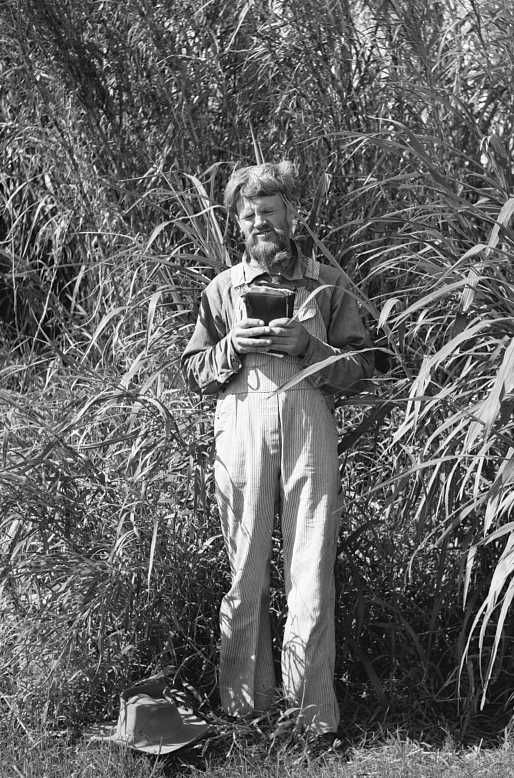
GLOSSARY:
gunboat: a discarded gallon can used to cook a stew in or a mess of beans in jungle
shack: brakeman
town clown: city marshal
railroad bull: special agent
reading your shirt: checking for lice
carrying the banner: when you are in a bus station to spend the night, you held a discarded newspaper in front of you so the bus station guard wouldn’t rap you on your shoes or even chase you out into the cold.
Rattler: a slow freight pulling a string of empties
red ball or manifest: a fast freight, generally all loads, no empties or a place to ride except to stand between the cars and hold on to an upright rod and stand on the couplers or else hit the tops.
This also applies to a fruit train, all loads, a real fast one you generally hit the tops on the fast redball freight.
Tallowpot: fireman, so-called from the late 80s
streamlined; traveled sparsely clad, no handbag, no bedroll, except what you carried in your pockets, such as razor, soap, small hand towel, pocket knife.
A mission stiff called a bum poor and simple.
Ear bating: having to listen to a sky pilot (preacher) lecture you on the evils of drink etc. for an hour and then you got a bowl of watered down soup.
Trick: one who begs a bakery and has to wash a bunch of pans.
Lump: begging a back door of a house and the lady would fix you some sandwiches wrapped in newspaper. (remember this was way back when paper sacks were a rarity)
home guard: townsman
java or joe: coffee
main stem: main street of town
rubber tramps: car transients
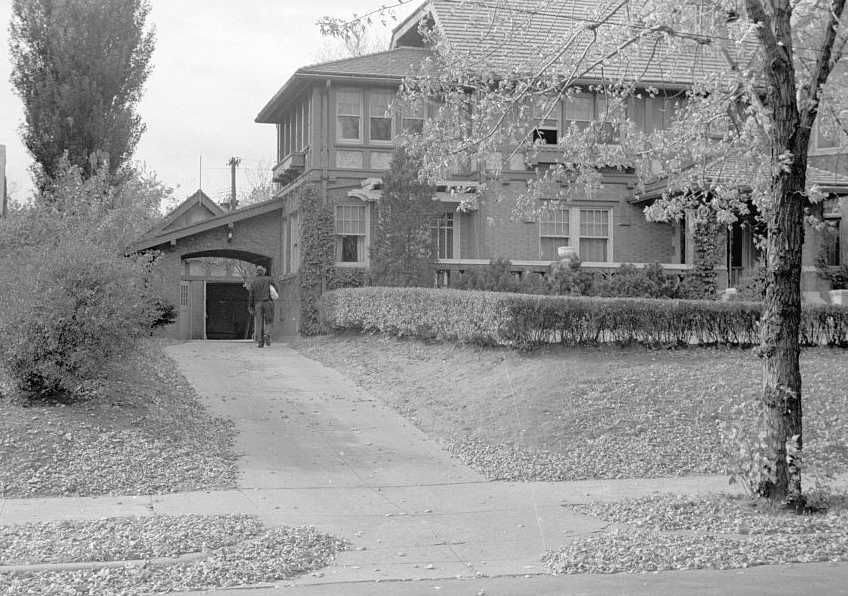
A sure way to get a handout when the woman of the house came to the door was to ask, if she looked about 65 or 70, is your mother at home? That generally made her feel so young that it was a sure shot for a meal or a handout. HA!
Picked up information from old timers such as never bum a frame house for cast off clothes as they are generally renters and move around and have no spares. Always pick on a brick house. For clothes go to the undertakers. They have lots in their storage place. Red Wing, Minnesota had a shoe factory that was good for a pair of police or postman’s shoes. There were imperfections, but I could never spot any. (Of course, nowadays the Sally and Goodwill have that giveaway business all sewed up. You pay.)
The best farmer I ever worked for was in Minnesota. I hired out by the month and talk about eats. His wife had so much food on the dinner table of all sorts that there was no elbow room period. He only let me go out in the field at 8 a.m. and he told me to come in by 5 o'clock, just an 8 hour day. About three weeks later he told me he just believed in an 8 hour day. He told me that he had worked on lots of farms from sun up to sun down and I made up my mind that if I ever had a farm it would be an eight hour day.
"Not many people know how I got my farm," he said to me. "I robbed a bank years ago and waited for statute of limitations to run out. Not many people know how I got my start but that’s the way the ball bounces."
I worked for him till fall, much longer than anyone else then I bid him all the best and went looking for a railroad.
Another thing I have never been able to figure out. The farmers that had nicely painted barns houses etc. were the ones you slept in the barn and generally fed the least. The farmer with a barn leaning and looking about to fall down, unpainted house - he found you a bed to sleep in in his house and his wife set a table of food that was out of this world.
COLORADO
Jerry Aigner
Spent my youth in a home just back of the Roundhouse, Barnesville Minnesota yards… RR division.
Harvest time in the great grain belt of Minnesota, the Dakotas and Montana required a small army of workmen, many of whom had no other means of transportation.
General Mills of Minneapolis must have had an agreement with the RR people to allow this means. I personally counted 1,100 harvesters on one string of cars coming into the division yards which also served as a Hiring Hall because the surrounding farmers came down right into the yard to hire needed workmen
COLORADO
Kenneth Fugier
College dropout, looking for job
Carlsbad, NM potash mine; slept overnight in desert before applying for mule skinner's job.
Lying on ground with my wallet in my hip pocket was uncomfortable so I took it out and put it under the sweater I had rolled up for a pillow. Next morning it was gone!
There was a $20 bill in that wallet which was all the money we had between us except for about 50c in change. There was evidence that something had been dragged from my sweater pillow through the dry desert dirt to a big clump of sagebrush which had numerous pack rat holes around it.
All my brother found was a few bits of chewed up leather.
COLORADO
Orin E. George
age 16 1935
runaway “for usual adolescent reasons”
My most impressive sight was through the window of a family home. It was a cold winter night and the interior looked so warm and comfortable that I just stood there with tears running down my cheeks. A sudden sense of sadness and the realization that I had made a mistake overwhelmed me.
“I returned home in March 1936 after receiving a picture of my dog Tuffy, with the caption, 'Please come home, Tuffy' from my mother.”
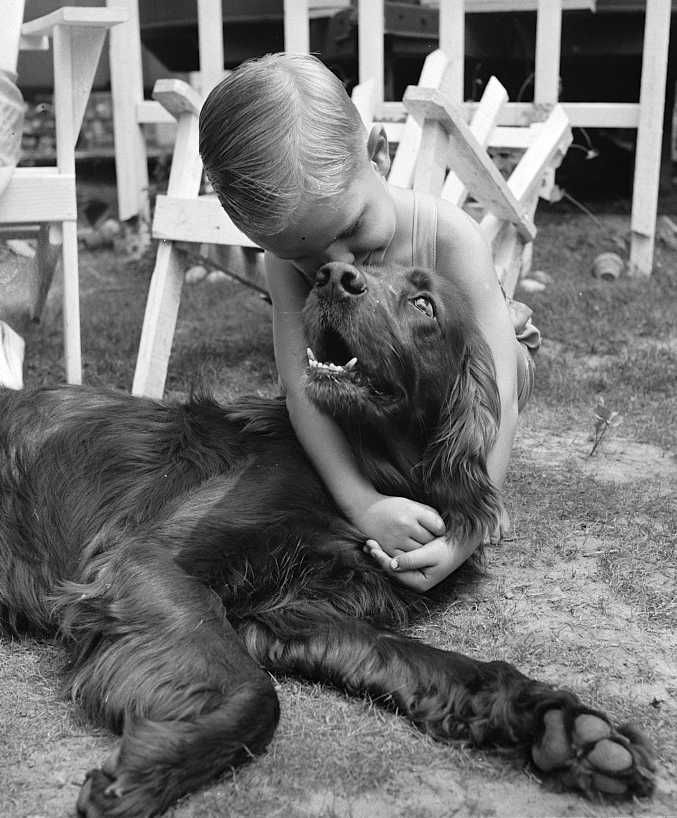
COLORADO
Paul Carkhuff
In February 1935 at age 18 I took to the road and rails to find a job in Oregon. I had no bed roll and wore a lined waist-length leather coat and long-johns for warmth. Along the way, I met many kind and caring people who helped me survive the ordeal. There were also a few people along the way who added to my misery. The worst incident was an overnight stay in Salt Lake City’s jail in which by today’s standard I was given "inhumane treatment”
COLORADO
Rene Champion
born 1921
At 16, left Jonestown, PA, 4 years hoboing
"The wanderlust was in me."
In the beginning, too shy to hitchhike, I walked 50-60 miles.
"I would hop a South Pacific freight because hitchhiking west of Santa Rosa was very difficult due to the dearth of auto traffic." The freights were jam packed with hoboes, including families making their way to El Dorado.
Bumming around at age 17 = lay preacher
Most of all I remember the loneliness, particularly when stranded some night on some lonely road in the wide open spaces of Texas and New Mexico, with not a single winking human light in sight, overwhelmed by that immense star-studded sky, wrapped in a night silence so dense that it attached itself to you like a second skin.
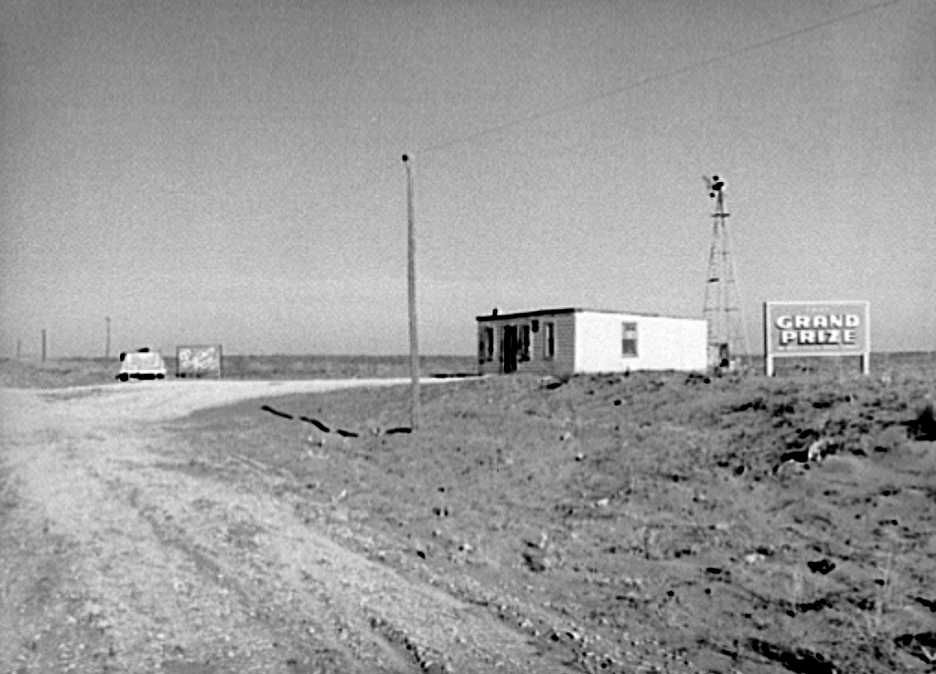
Beat up by railroad bulls.
100 to 120 hoboes on top of boxcars, sitting like birds on wire... faces were all pitch black
Le Canard, Summer 1994:
Denver WWII Hero honored
On June 23, 2994, in Paris, Charles de Gaulle’s son in law General de Boissieu will bestow the Legion d’Honneur decoration on Jean Rene Champion.Born in France, Mr. Champion came to the U.S. in 1929 at the age of eight years. While taking courses at the University of New Mexico, he heard General de Gaulle’s call to arms and sailed to England to join the Free French Forces in September 1941.
Assigned to 3rd Company, 501st Tank Regiment of the famed 2nd French Armoured Division, Jean-Rene participated in the liberation of Paris, August 25, 1944. His tank dubbed “Mort-Homme” after a battle, was set ablaze by a German grenade but, oblivious of his own safety, Champion was able to rescue his teammates from the burning wreck. Later as the 2eme D.B. moved east, he had one more tank blown up under him and suffered injuries when “Mort-Homme” was hit in Lorraine.
Mr. Champion is already the holder of three Croix de Guerre, the Medaille Militaire, the Medal for Wounded, and Combattants Voluntaires medal.
After the war he returned to the U.S. where he obtained from Columbia U, a Doctorate in Ethnology, a subject he taught for several years. Seeking a more active life,, Champion then held several important positions in business, including 8 year stint as Strategic Planning Director for CPC Europe in Brussels.
COLORADO
Sol Tucker
In 1933, after three years of working my way through college I hit the road….
I stood on a street corner just passing the time. A car pulled in front of me with a flat tire. I offered to fix it for the lady and my reward was a fifty cent piece.
The money was spent as follows:
25 cents for a meal
15 cents for cigarettes10 cents for a movie
The I was back to square one. Being broke never seemed to bother me. I never worried something would turn up.
COLORADO
William Taelle
The summer of 1932, at the ripe age of 14, I hitch hiked Denver to NY for the opening of the Empire State building…
Next summer the road called again, this time by freight train to Chicago World’s Fair
“A real hobo taught me to ride passenger trains. You had to wear goggles to keep out cinders. Whenever you were stopped the cops saw your goggles and knew you were riding passenger trains."
CONNECTICUT
Chester Dusak
17, 1933
I hopped a freight in Johnstown, PA around July 26 in the afternoon. We made a stop shortly after and four young kids dressed in Boy Scout uniforms hopped on. They sat in an open doorway with their feet dangling.
I was sitting in the opposite door with three other fellows but I was the only one with my feet dangling. We came to a bridge over a river around Lima, Ohio when I found myself in the middle of the flood. I don’t know how I got there when I hit that low bridge. My sneakers were split and my feet were bleeding bad.
Then I realized that the four kids in the opposite door were thrown off.
That night in Ft. Wayne, Indiana, I saw in a newspaper that they four kids were killed and found down the river. I don’t know to this day if they were identified. I hope so.
CONNECTICUT
Walter Miller
January 1932
“After riding the rails for one day and a night I reached Birmingham ALA. The line that runs through there is called the fifty cent division for the simple reason that the train men demand fifty cents from the men who are riding the freight and threaten to throw them off if they don’t pay. The trainmen earn quite a little extra money by this method.”
